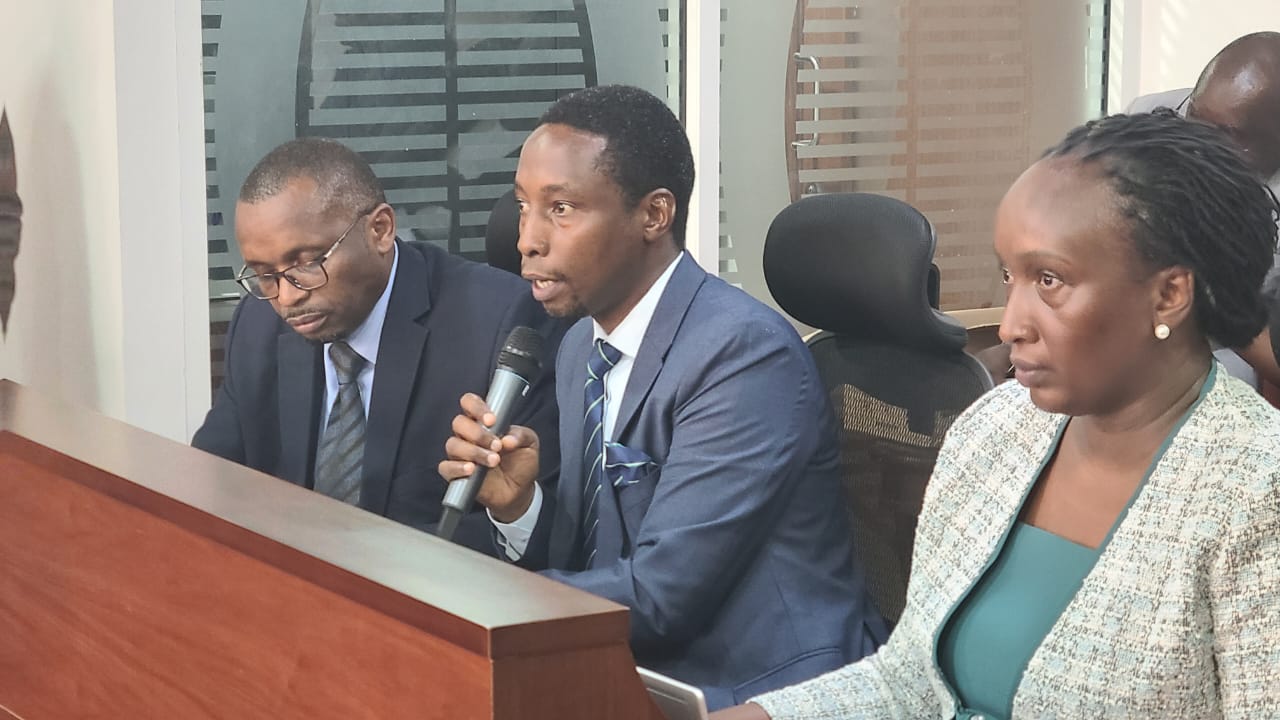
Kenyans could be footing the bill of more than Sh153.8 billion in government loans some issued without proper oversight or engagement of the relevant authorities.
A new report by the Auditor-General has pointed to massive flaws in how Kenya borrows for on lending to state entities some of which have led to ballooning interest and penalties surpassing the principal amounts
The audit, presented to the National Assembly Committee on Public Debt and Privatisation, shows that loans were advanced to state-owned enterprises (SOEs) without the involvement of the Department of Government Investment and Public Enterprises (DGIPE), as required by law.
The Water Sector accounted for 58 out of 95 loans issued by June 2024 of on-lent loans. The audit reviewed six of the seven Water Works Agencies and 13 Water Service Providers, along with Kenya Railways Corporation, which alone received about 59per cent of the total loan funds.
It also found that many of these entities lacked the financial capacity to repay, with no credit risk assessments conducted before lending.
“The failure to assess the creditworthiness of SOEs and poor monitoring of projects funded through on-lent loans have exposed taxpayers to enormous financial risks,” said Deputy Auditor-General Isaac Ng'ang'a.
As of June 30, 2024, the total principal amount of on-lent loans stood at Sh153.79 billion, yet only Sh1.6 billion (1.04 per cent) had been repaid.
The massive default has shifted the repayment burden to the National Treasury, forcing the government to resort to further borrowing and spending cuts to service the debts.
The audit, covering the financial years 2018-19 to 2023-24, examined loans across six key sectors: energy, transport, agriculture, finance, health and water.
The findings uncovered widespread discrepancies in loan disbursement and repayment records.
The Water and Transport sectors, which received the largest share of funds, were singled out for mismanagement and stalled projects.
Among the most troubling cases is the Athi Water Works Development Agency, which owes over Sh1 billion, including interest and penalties, on a stalled Nairobi water distribution project.
Similar issues were noted at Kenya Railways Corporation and several Water Service Providers, where billions were advanced but projects remain incomplete or abandoned.
“And I think the deputy auditor general has mentioned that that is where we also realised a number of issues, one of them relating to money that is remitted from the Water service providers, but it is not submitted to the National Treasury,” said Bringo north MP Joseph Makilap.
Nyaribari Masaba MP Daniel Manduku demanded a full breakdown of the amount borrowed, repaid and which projects have stalled.
“When interest and fines exceed the principal, it tells you something is fundamentally wrong,” Manduku said during the heated session.
The Auditor-General’s report warns that the growing defaults by SOEs — some of which have not made a single repayment in years — are straining public finances and could push Kenya’s debt levels even higher.
“The default in repayment of on-lent loans has constrained the National Government's budget, resulting in the government sourcing additional financing through borrowing and budget cuts across government entities. A performance audit on on-lent loans was therefore, necessary in order to assess the management and recovery of the loans,” said Director of Audit in the office of the Auditor General Gideon Mokaya.
The MP said that they will summon Treasury officials and heads of the implicated agencies, over the deep flaws in Kenya’s public debt management and the growing cost of state inefficiency that ordinary citizens are being forced to bear.

















